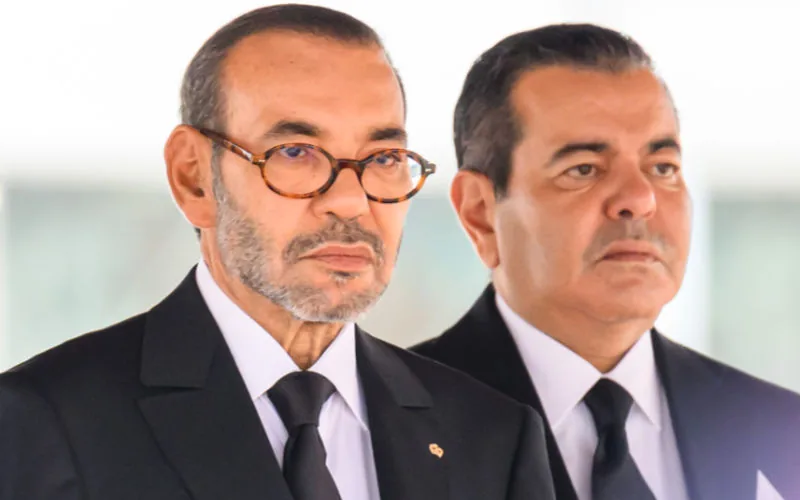Morocco’s Atlantic Initiative: Sahel’s Gateway to Global Trade Reshapes African Geopolitics

Announced in November 2023 by King Mohammed VI, the "Atlantic Initiative" aims to facilitate access to the ocean for the landlocked countries of the Sahel (Mali, Burkina Faso, Niger and Chad) through the port of Dakhla, under construction in the north of the city.
Connecting the Sahel countries to the sea through its Atlantic facade. This is the objective of this mega-project which "will substantially transform the economy of these countries" and of "the entire region", declared Mohammed VI. The realization of the Atlantic Initiative will allow Morocco to achieve several goals at once. Rabat could thus extend its influence in Africa, develop its Sahara and strengthen its bilateral relations with Mali, Niger and Burkina Faso.
The Moroccan sovereign had made this announcement in a particular geopolitical context marked by coups d’état and the installation of military regimes in these three countries, a break in their bilateral relations with the West and a rapprochement with Russia, not to mention their isolation by the African Union and ECOWAS. To recall, Niger, Burkina Faso and Mali created the Alliance of Sahel States (AES) in September 2023.
"Morocco is one of the very first countries with whom we found understanding, at a time when ECOWAS and other countries were about to wage war on us," Bakary Yaou Sangaré, the Nigerien Minister of Foreign Affairs, said in late April in Rabat, assuring that "the royal initiative is a windfall for our countries". With this Atlantic Initiative project, Morocco, in a "triangularity" with Africa and the West, is "capitalizing on these failures by positioning itself in the Global South as a reliable partner for Europe" and Africa, analyzes Beatriz Mesa, professor at the International University of Rabat, for BFMTV.
What about the feasibility and financing of the project? According to the magazine "Afrique(s) en mouvement", the United States, France or Gulf states could finance this project, the cost of which is estimated at nearly $1 billion (about 930 million euros), according to Abdelmalek Alaoui, president of the Moroccan Institute of Strategic Intelligence (IMIS). But there are "still steps to be taken," explains Nigerien expert Seidik Abba, president of the International Center for Studies and Reflections on the Sahel (CIRES), noting the lack of a (road or rail) network between Morocco and Chad via Mauritania and the lack of a vehicle fleet in the region.
For his part, Rida Lyammouri of the Moroccan think tank Policy Center for the New South, recalls that "a new land route" between Morocco and Mauritania is "almost finalized". Security in the Sahel remains one of the major concerns, notes Abdelmalek Salaoui "If you have skirmishes, de facto, your work stops". The future deep-water port "Dakhla Atlantique", is at the heart of this mega-project. With a cost of 1.2 billion euros, this project launched at the end of 2021, is at a progress rate of 38%. The completion of the work is scheduled for 2028.
Related Articles
-

Airport Bust: Young Moroccans Caught Smuggling 30kg of Cannabis to France
12 August 2025
-

Global Butter Crisis: Soaring Prices Threaten Bakeries and Consumers Worldwide
12 August 2025
-

Tragic Mystery: Young American Found Dead in Morocco, Authorities Launch Investigation
12 August 2025
-

Morocco’s World Cup 2030 Expansion: Elite Properties Face Expropriation in Rabat
11 August 2025
-

Drug Baron Shootout: Moroccan Police Raid Ends in Dramatic Arrest of Cocaine Kingpin
11 August 2025